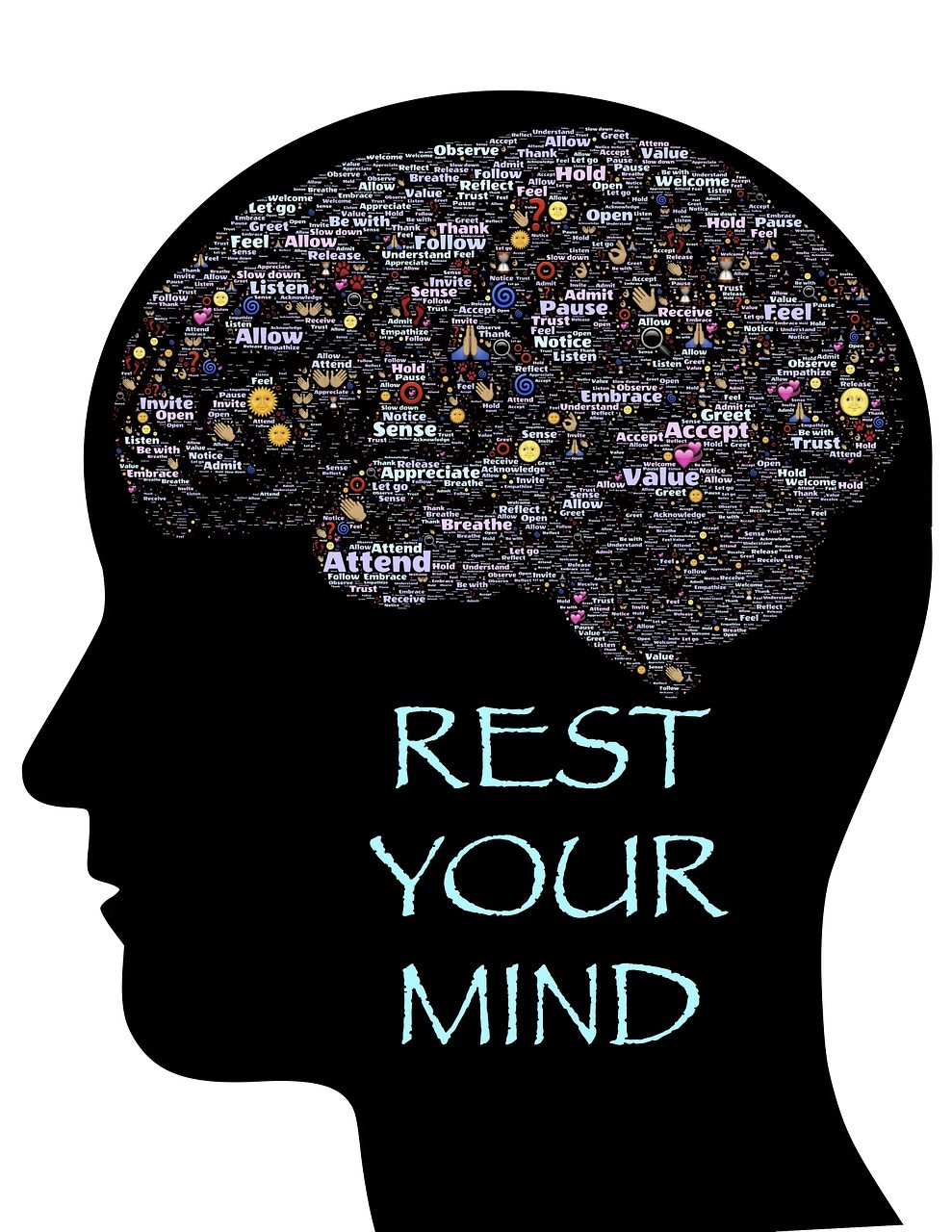
Imagine, in the port of Rotterdam you put two men to work on moving a large pile of coal. Worker A continues to work until the job is done, and worker B takes breaks of five minutes each hour, to take a walk across the harbour or eat an apple. Which mountain coal is moved fastest, despite the considerable amount of extra rest?
Exactly. People who have the opportunity to regularly recover (mentally and physically) demonstrate additional productivity at the workplace. And that is something that employers actually still do not take into consideration, until we show them how effective the mechanism of recharging is. Fortunately, nowadays, in office environments there is more attentionfor good office chairs, a pleasant climate, the correct working posture, adequate lighting, etc. Butbased on research on the brain, organisations can have big advantage.
Rest Is the Basis for Performance
Also, top athletes understand intuitively the importance of resting. Athletes train very hard for a few hours a day, and then take the necessary time to recover, because recovery is just part of the training. If athletes do 40 hours a week training at top performance, they will be quicklyexhausted.
Yet we ask that of people in an office environment quite often. People have to work for hours on end without regular interruption. But our brains are not made for that. We must always recover to continue to function at a high level. Some managers see a recovery period as a period of non-work, but the data show something different. For example, let call centre workers do something else for five minutes each hour, and give them the opportunity to work alternating between sitting and standing, then the productivity increases by 25% to 50%. They can handle more calls because they are listening better, have sharper analysis and have a higher problem solving ability. That period of rest, therefore pays twice as much.
Efficient Use of Your Brain
If you know how important rest is for our brain, then you as an organisation or manager can do a few things:
- Taking into account the average energy of people. In the morning we have the most energy, because we just had the longest recovery time (sleep). Therefore, plan all really difficult things in the morning. Then the energy, concentration and the problem-solving ability is highest. Do not start with going through the workweek or getting rid of mails, which can also be done in the afternoon, even if the flagging attention and brain average runs at a lower speed. In the morning you plan the really challenging things that require high brain capacity.
- After 45 to 60 minutes of working, our attention slackens. We make more mistakes, speed and brain power decrease, and problems are difficult to solve. Give workers five or ten minutes to recover. As an employer see it not as wasted time, but as moments where planning occurs in the brain and the battery is recharged. Moreover, a person in the morning requires less charging pauses than at noon.Provide physical and mental rehabilitation, preferably simultaneously. If someone uses an office bike but remains busy with work, then he/she does not rest mentally. Also if someone is on YouTube behind his work desk, he/she still is not resting physically. So let people take a walk. Or buy for a few bucks a ping-pong table, so that employeesrecharge themselves physically and mentally.
In short, give people the opportunity to regularly hold a pit stop. After that they can just continue at a high level again. Make sure the battery is kept charged, instead of letting the battery light flash after lunch.
Source: http://www.pwdegids.nl
